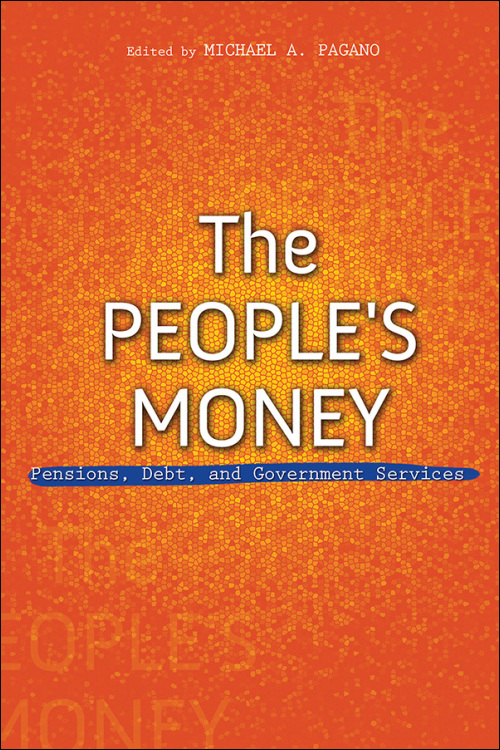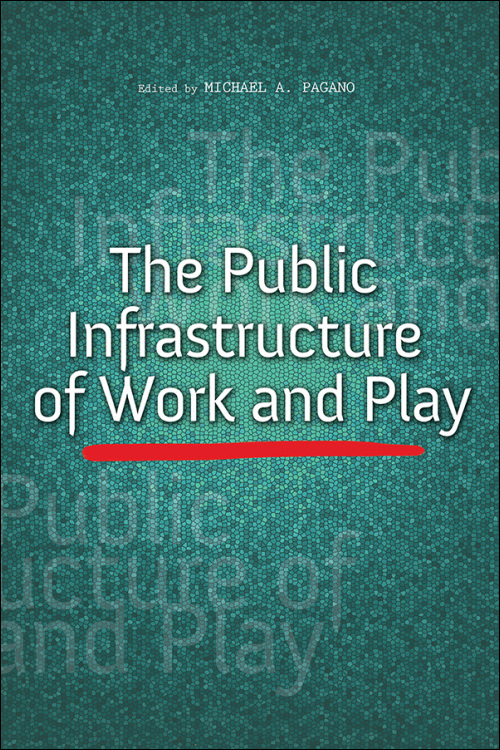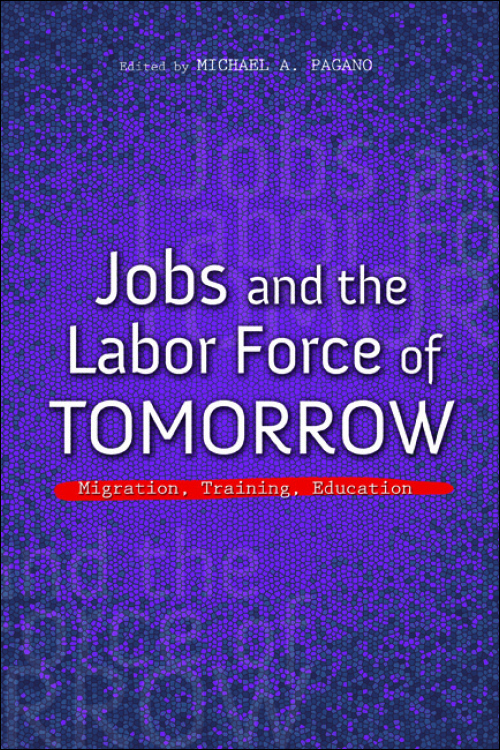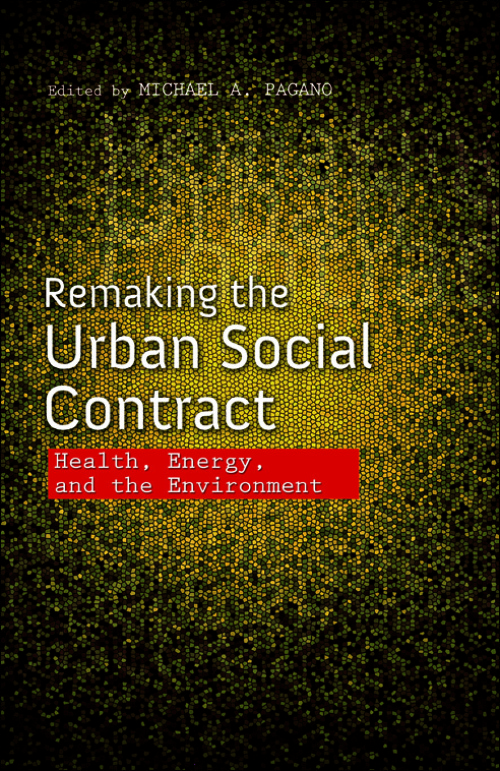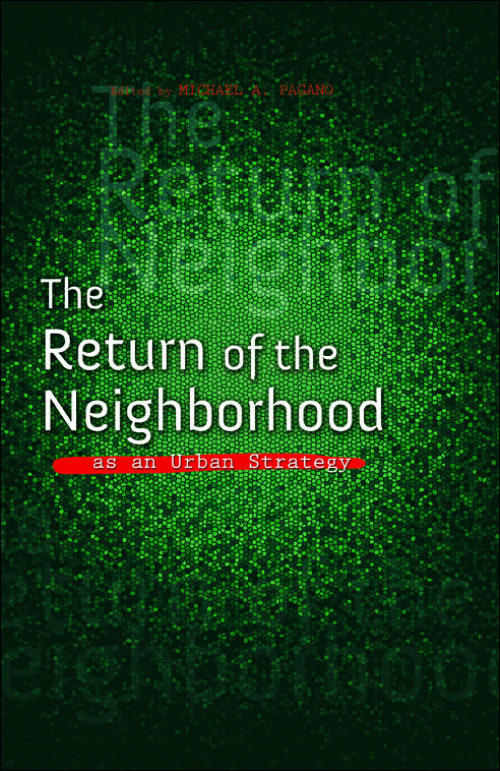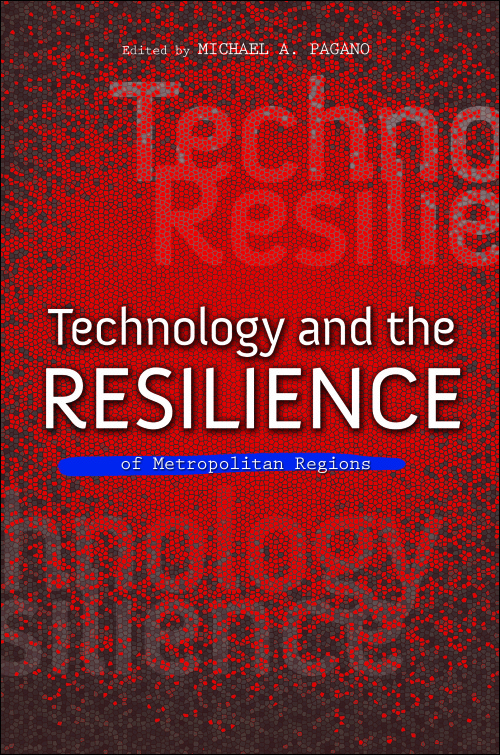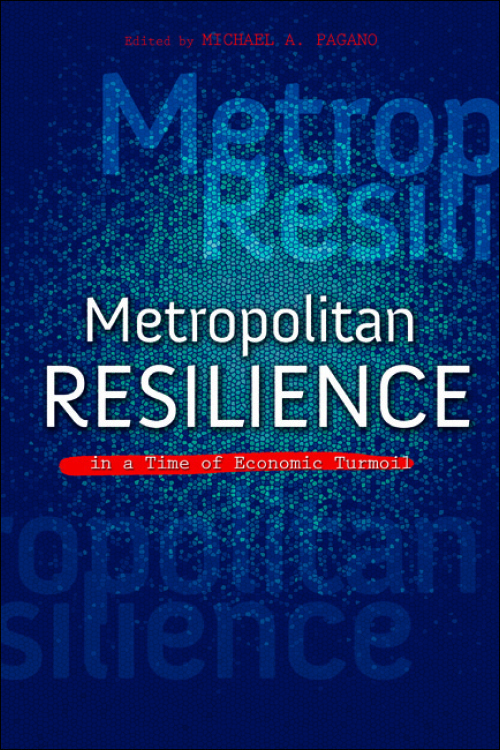White papers were prepared by academic authors for each of the conferences and published in a book by the University of Illinois Press. The books are available for purchase through the links below.
White Papers
Can Data Deliver? Harnessing Data Driven Solutions for Urban Problems
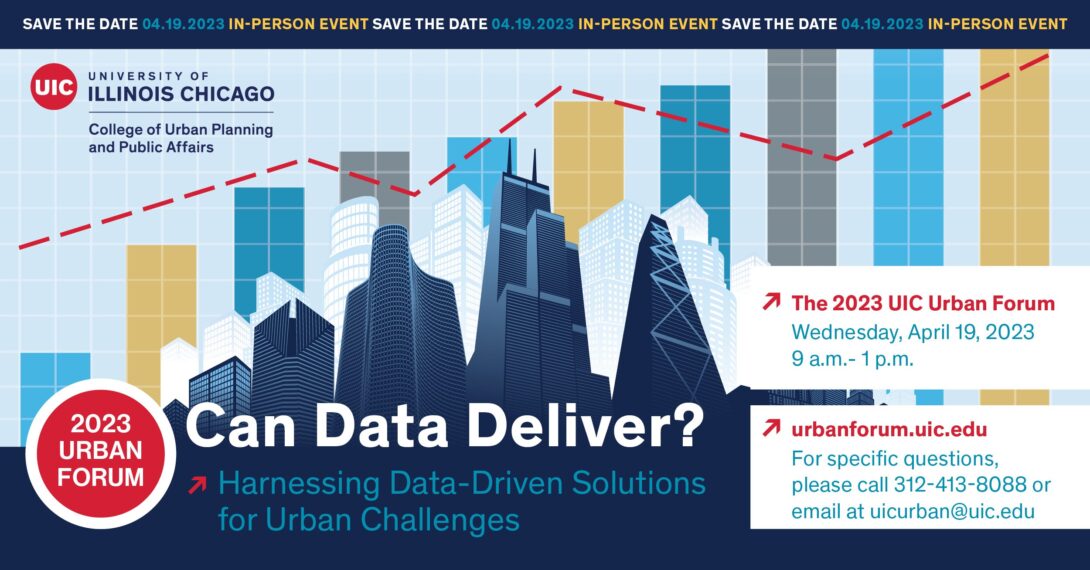
Federica Fusi, PhD
Assistant Professor
Department of Public Policy, Management, and Analytics
University of Illinois Chicago
Can Data Deliver? Harnessing data-driven solutions for urban challenges
Nebiyou Yonas Tilahun, Ph.D.
Associate Professor, Department of Urban Planning and Policy
University of Illinois Chicago
2022
Author: Jonah Berg-Ganzarain, Graduate Student, College of Urban Planning and Public Affairs, UIC
Authors and contributors: Chibuzor Abasilim, Tamara Hamlish, Joanne Glenn, Candace Henley, Leslie Carnahan, Ifeanyi Chukwudozie, Margaret Wright, Jeanette Gonzalez, Tigist Mersha, Talia Holzman Catellands, Christine Adley, Sarah Strom, Ahlam Al-Kodmany, UI CAAN Team, CEHE Team, & Yamilé Molina, Associate Professor, Division of Community Health Sciences, School of Public Health, Faculty Affiliate, Center for Research on Women and Gender, Associate Director for Community Outreach Engagement and Health Equity
The global COVID-19 pandemic has highlighted and exacerbated the dynamics of power in Chicago. Persistent and growing manifestations of structural inequality, including the concentrated poverty borne by communities of color, have major implications for individual and community cancer health.
Our paper highlights opportunities for inclusive recovery and equity in cancer health through the lens of community engagement and outreach at the University of Illinois Cancer Center (UICC). First, we leverage an innovative comparison of cancer needs assessment data from 2019 and 2021 across 21 communities (Figure 1). Second, we exemplify lessons learned and emerging opportunities from a coalition that supports diverse breast cancer survivors – a group that has been continuously underserved by existing infrastructure.
Unpacking What An Inclusive Recovery toward Health Equity Could Like: Insights from Chicago’s Community-based COVID-19 Corps on expanding and building a more resilient public health infrastructure
Authors and Contributors:
Jeni Hebert-Beirne, Associate Professor, Community Health Sciences, Associate Dean for Community Engagement, School of Public Health, UIC
Melissa Martin, SPH Collaboratory for Health Justice, UIC
Emily Steihl , SPH Health Policy and Administration, UIC
Sage Kim, Health Policy and Administration, UIC
Alexis Grant, SPH Collaboratory for Health Justice, UIC
Maggie Acosta, SPH Collaboratory for Health Justice, UIC
Nadine Peacock, SPH Community Health Sciences, UIC
Alisa Velonis, SPH Community Health Sciences, UIC
Brenikki Floyd, SPH Community Health Sciences, UIC
Mark Dworkin, SPH Epidemiology and Biostatistics, UIC
Ron Hershow, SPH Epidemiology and Biostatistics, UIC
Wayne Giles, SPH Dean, UIC
Linda Forst, SPH Environmental and Occupational Health Sciences, UIC
Diana Ghebenei, Student, UIC
Guddi Kapadia, SPH Collaboratory for Health Justice, UIC
Edgar Gutierrez, SPH Collaboratory for Health Justice, UIC
Corps Members
Caesar Thompson, Latino Resource Institute
Cornelius Chandler, Breakthrough Ministries
Partners
Kim Jay, Sinai Urban Health Institute
Patrick Stonehouse, Chicago Department of Public Health
Addressing Racial Disparities in COVID-19 Health, Social & Economic Outcomes in Chicago
Author: Claire Laurier Decoteau, Professor of Sociology, Liberal Arts & Science, UIC
Although state of Illinois and city of Chicago officials both adopted racial equity approaches to mitigating the disproportionate racial impact of COVID-19 on vulnerable community members, lower-income, Black and Latinx Chicagoans still bore the brunt of infections, hospitalizations and deaths, as well as heightened economic, employment, housing, childcare and food insecurity. The long-term impacts of COVID-19 on Latinx and Black communities are only starting to emerge. Based on research with 110 residents of heavily impacted communities on the West and North sides of the city, and 62 interviews with state and public health officials, hospital administrators, clinic staff and community organizers from August 2020 through March 2022, this paper considers the strengths and weaknesses of the city’s COVID-19 policies from the perspective of marginalized Chicagoans. It also explores the lingering health, economic and social impact of COVID-19 on vulnerable communities. Finally, it points to important localized, community efforts made to address these ongoing disparities.
2021
2021 Urban Forum Event Overview
Author: Annie Howard
Advancing Equity and Mobility Justice In and Through Public Transit
Author: Kate Lowe, Ph.D, Associate Professor, Director of Undergraduate Studies, Urban Planning and Policy, College of Urban Planning and Public Affairs, UIC
Abstract:
Public transit connects millions of U.S. residents daily to essential economic, civic, health and social opportunities, even during the covid-19 pandemic. Significant but widely divergent pandemic drops in ridership have dramatized that riders have different work and transportation choices and demonstrated that services do not universally generate the same contributions to addressing inequity. These differential patterns of transit ridership and new attention to the contributions of essential workers have helped prompt new discourse around mass transit’s contributions to individuals, cities, and society. This paper examines transit spending and how transit ridership varies by rail and bus, as well as during the pandemic in the Chicago metropolitan area. By doing show, the paper explains how transit investment does not uniformly address historic and current inequities. It then discusses different types of riders and goals for transit and finally concludes with strategies for different levels of government to better achieve mobility justice in and through public transit.
Power Building and Community Change Work with Youth in the Chicago Freedom School
Authors: Keisha Farmer-Smith, PhD, Adjunct Assistant Professor, Urban Planning and Policy, College of Urban Planning and Public Affairs, UIC
Stephanie Posey, M.Ed
Yasmine Tadross, MUPP
Kaya Massey, CFS Youth Organizer
Abstract:
This essay explores power building and youth development best practices via a case study exploring youth-led work and actions at the Chicago Freedom School (CFS) during the Spring and Summer of 2020. The purpose of this project is first to review the unique mix of community development, organizing, and action built into the CFS organizational structure through a hybrid approach to popular education, power building, and participatory action. Next, the authors examine the nature of power in rational planning discourse, exploring why such past approaches to power building fail to offer strategies that support youth doing grassroots community work before highlighting recent practices. In conclusion, we explore potential lessons learned from the work of this unique Chicagoland youth space, highlighting strategies for organizers and planners to consider applying toward practice.
Disability Rights in Urban Communities: Are Constituents with Disabilities Getting Equitable Access to Full Participation?
Authors: Joy Hammel, PhD, OTR/L, Professor & Wade Meyer Endowed Chair, Occupational Therapy & Disability and Human Development Depts., College of Applied Health Sciences, UIC
Jacqueline Kish, OTR/L, PhD in Disability Studies candidate, UIC
Janet Smith, PhD, Professor, Urban Planning and Policy, Director of the Nathalie P. Voorhees Center for Neighborhood and Community Improvement, College of Urban Planning and Public Affairs, UIC
Robin Jones, MPA, COTA, Instructor and Director of the Great Lakes ADA Center, Disability and Human Development Dept., UIC.
Brian Tomkins, Project Manager, Metropolitan Mayors Caucus, Chicago, IL
Lyndsay Sullivan, Disability Rights Activist and Community Member, Chicago IL
Tom Wilson, Disability Rights Activist and Community Member, Health Care Policy Expert, Chicago IL
Abstract:
We recently celebrated the 30th Anniversary of the passage of the Americans with Disabilities Act which mandates the right to full participation in society for people with disabilities. Yet, a large number of people with disabilities continue to experience disparities in community living, community participation and economic equity. These disparities have been exacerbated and brought to the fore during the COVID-19 pandemic response, especially among people with disabilities who are living in poverty and who identify as Black and/or Latinx. This paper explores the intersection of disability, race and ethnicity, and economic status in the urban context. We highlight a participatory action research (PAR) project that involved ADA PARC (Americans with Disabilities Act Participation Action Research Consortium housed at UIC), the Great Lakes ADA Center, and the Metropolitan Mayors Caucus that represents over 275 cities, villages and communities throughout Chicagoland. Together with participants from the disability rights community, a series of community forums were held to identify the needs and issues constituents with disabilities experienced in urban communities, and to action plan strategies to respond to these disparities and build community capacity related to disability rights and empowerment. The authors present issues prioritized by disabled people and organizations, participatory strategies to actively engage the disability community in decision making and action planning, and actions prioritized by this consortium as most needed if constituents with disabilities are to realize their civil rights and able to fully participate in communities of choice.
2019
Overview-Autonomous Vehicles and the Impact on Transit and Freight
P.S. Sriraj
Director of the Urban Transportation Center
University of Illinois at Chicago
Technology, and data are fueling a rapid change in the world in which many advances are becoming obsolete with every passing day. This change is beginning to impact transportation and mobility for not just passengers, but also for freight. Autonomous vehicles are not only going to affect how people move around, but also impact the delivery of goods and services. The introduction of a new mode of transportation brings about a paradigm shift that will need absolute synchronization between government (laws, regulations, labor, infrastructure, funding, and equity) and the industry. The end users are recipients of the transactions between these two worlds. Their behavior and attitude will in turn affect market penetration and technology absorption.
This paper will focus on the roles of government, and industry from the user and societal perspective while also addressing the various issues that will need to be addressed by everyone in society in order to prepare for the introduction of this new way of providing mobility.
Demanding a Better Transportation Future through Automation
Austin Brown
Executive Director, Policy Institute for Energy, Environment and the Economy
Daniel Sperling
Distinguished Professor, Civil Engineering and Environmental Science and Policy
Director, Institute of Transportation Studies
University of California, Davis
The Reality: we need to choose the future that automated vehicles bring, whenever they are ready. That means stopping asking the wrong questions – like “when will automated vehicles be here” and asking the right question – what do we do now? Answering this question will required coordination between the research community and local, state, and federal policy makers. Fortunately, we already know many of the changes that are likely to lead us to beneficial outcomes: policies that that steer automated vehicles to also be pooled and electrified. These are the paths to help ensure that automation also improves equity, economic, traffic, and environmental outcomes. These research-informed policies can turn the myth that “automated vehicles are our savior” into a reality.
Are we there Yet? Myths and Realities of Connected and Automated Vehicles
Stan Caldwell
Executive Director, Traffic21 Institute and Mobility21 National University Transportation Center
Chris Hendrickson
Hammerschlag University Professor of Engineering Emeritus, Director, Traffic 21 Institute
Carnegie Mellon University
Transformational technologies are profoundly affecting mobility and transportation services throughout the world (NASEM 2018). Vehicle automation, pervasive communications connectivity, the shared economy, data analytics and alternative fuels are combining to create major changes in mobility services, vehicle performance, and infrastructure operations. In this paper, we will survey the state of changes and anticipated impacts for connected and automated roadway vehicles (CAV), focusing upon the United States.
